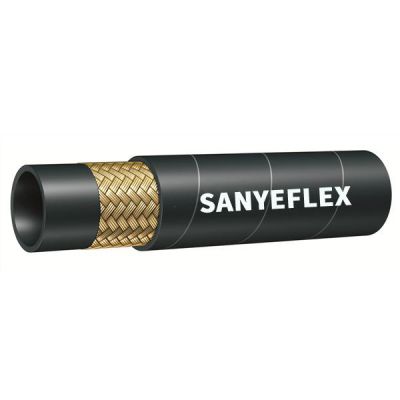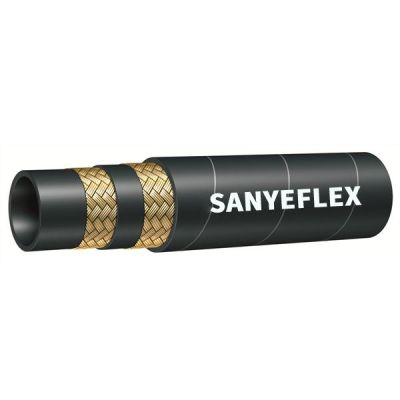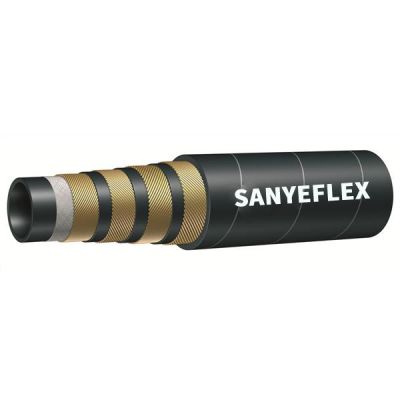Jun. 03, 2024
Agriculture relies heavily on hydraulic systems to power various types of machinery, from tractors to harvesters. Choosing the right hydraulic hose is crucial for ensuring efficiency, safety, and longevity of these machines.
Hydraulic hoses are designed to transmit hydraulic fluid between components of a hydraulic system. These hoses are made from a combination of materials, including rubber, thermoplastic, and reinforced with layers of braided or spiral steel wire. The key attributes of a good hydraulic hose include flexibility, strength, durability, and resistance to various environmental conditions.
When selecting hydraulic hoses for agricultural use, it's important to consider the following features:
Durability: Agricultural environments are harsh. The hoses must withstand abrasion, weather, and extreme temperatures.
Flexibility: Hoses need to bend and flex to fit into tight spaces without kinking or cracking.
Pressure Rating: Ensure the hose can handle the maximum pressure of your hydraulic system.
Compatibility: The hose material should be compatible with the hydraulic fluid used in your machinery.
Length and Diameter: Choose the correct length and diameter for your specific application to ensure optimal performance.
To maximize the lifespan and performance of your hydraulic hoses, follow these maintenance tips:
Regular Inspections: Check hoses for signs of wear, leaks, or damage.
Clean Connections: Ensure all connections are clean and secure to prevent contamination.
Proper Storage: Store hoses in a cool, dry place away from direct sunlight.
Replace When Necessary: Do not use damaged or worn-out hoses. Replace them promptly to avoid machinery downtime and safety hazards.
Q1: How often should hydraulic hoses be replaced?
A1: Hydraulic hoses should be inspected regularly and replaced every 1-2 years or as soon as signs of wear and damage are noticed.
Q2: Can hydraulic hoses be repaired?
A2: Minor repairs can be made, but it's often safer and more effective to replace damaged hoses to ensure system integrity and safety.
Q3: What are the common causes of hydraulic hose failure?
A3: Common causes include abrasion, incorrect installation, extreme temperatures, and contamination.
Q4: Are all hydraulic hoses compatible with different hydraulic fluids?
A4: No, always check the hose specifications to ensure compatibility with the specific hydraulic fluid used in your system.
Q5: What is the difference between braided and spiral hydraulic hoses?
A5: Braided hoses are generally more flexible and used for lower pressure applications, while spiral hoses are designed for higher pressure and more demanding environments.
Choosing the best hydraulic hose for your agricultural applications is vital for the efficiency and longevity of your machinery. By considering factors such as durability, flexibility, pressure rating, and compatibility, you can ensure that your hydraulic systems operate smoothly and reliably. Regular maintenance and timely replacements are key to preventing downtime and maintaining the safety of your agricultural operations. Invest in high-quality hydraulic hoses to keep your farming equipment running at peak performance.
Our Customer
Tel.: +86 400 0318 111
Email: admin@sanyeflex.com
Add.: #218 Zhongke Street, High-tech Zone, Hengshui City, Hebei Province, China



